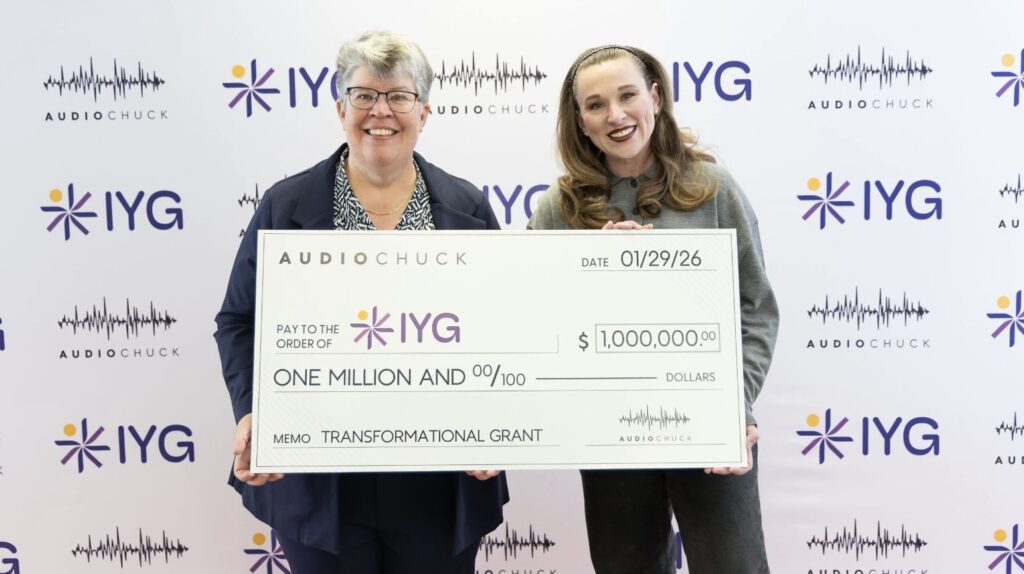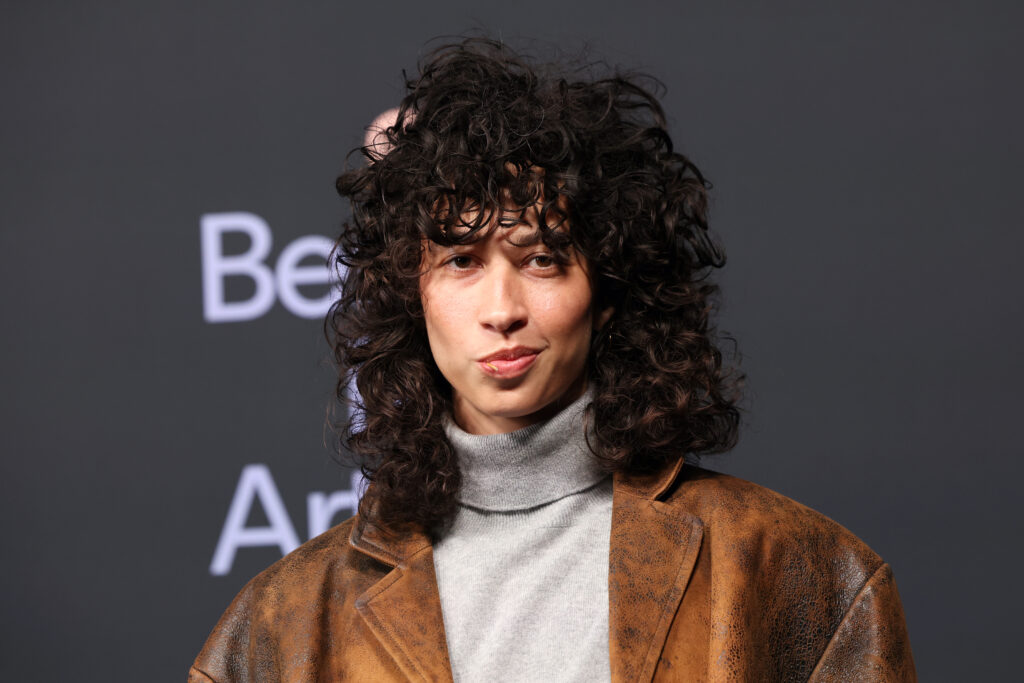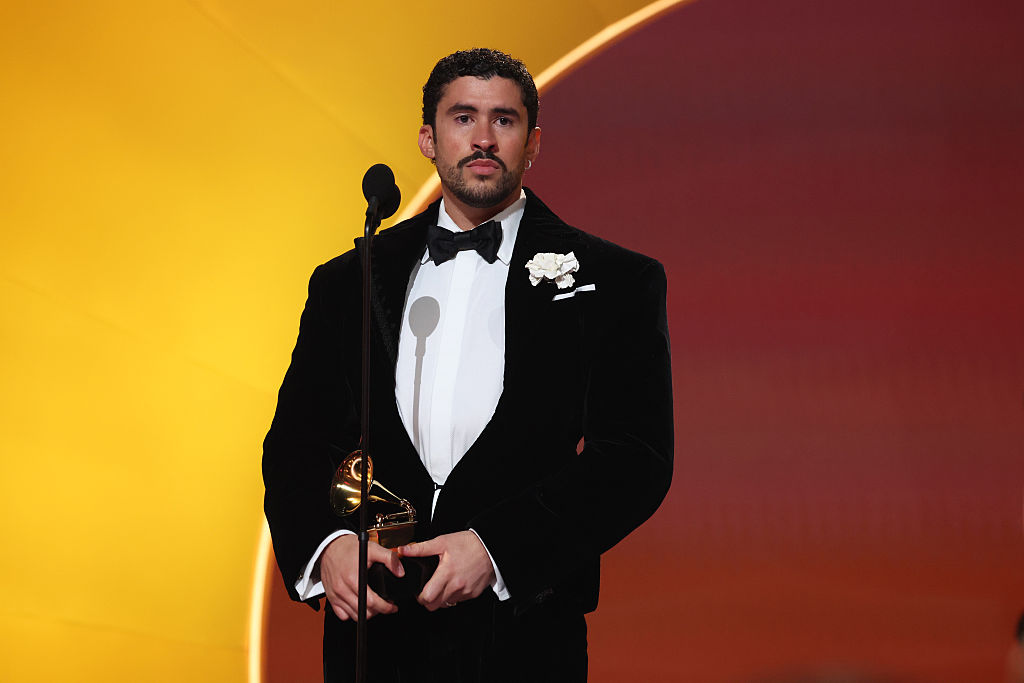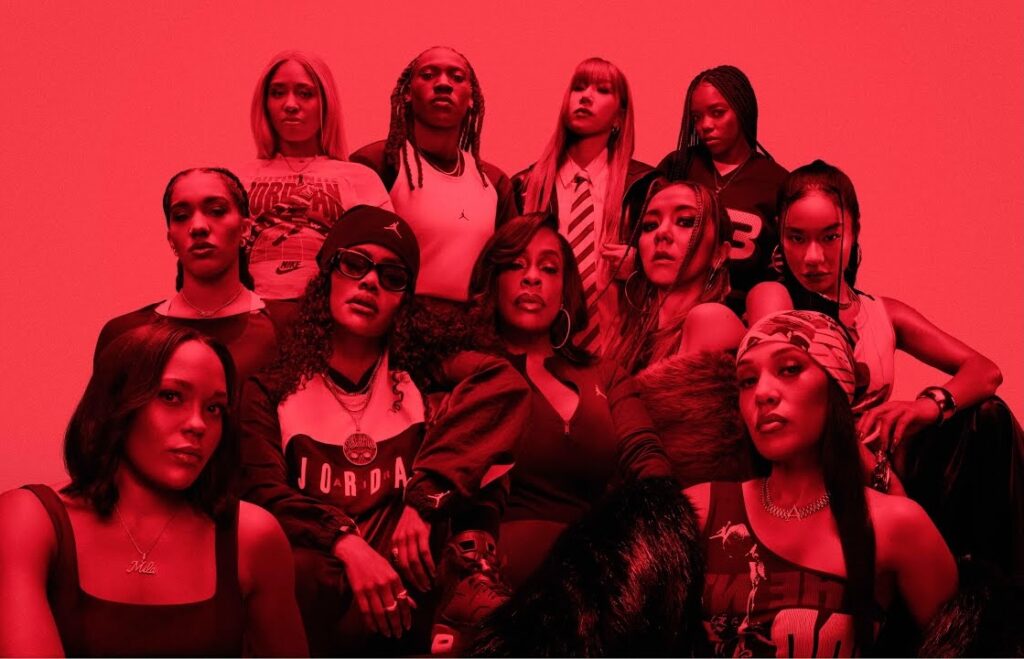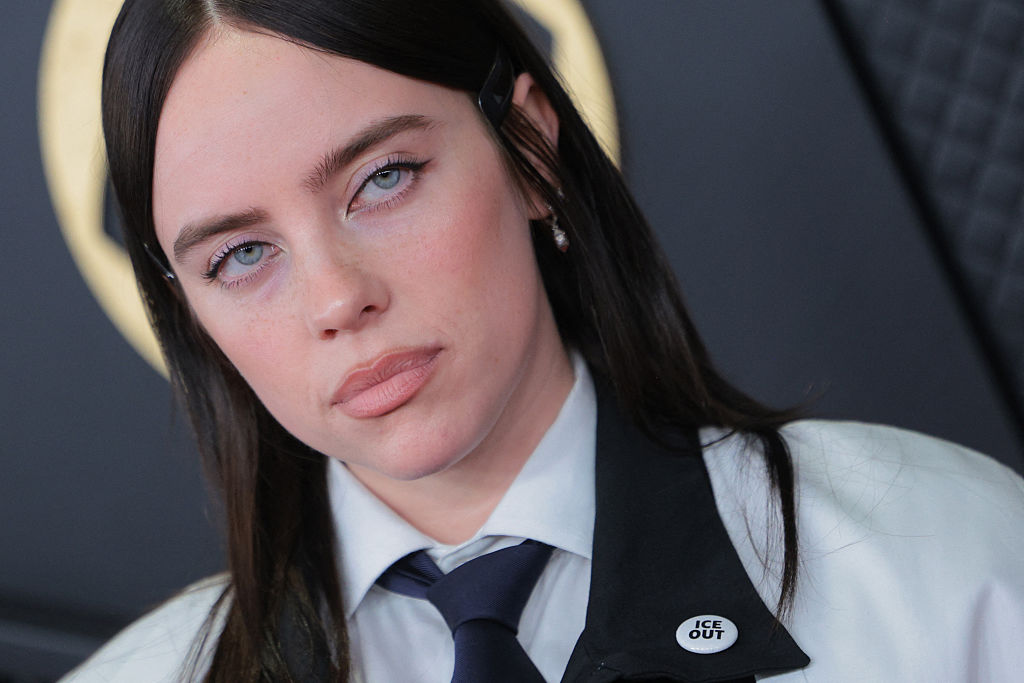Meet the Leader of the Two-Spirit Camp at Standing Rock

GO met Candi at the Two-Spirit Nation Camp when we visited Oceti Sakowin Camp in late November 2016, and spoke with her about queerness within Native culture, why she was inspired to camp at Standing Rock, and educating outsiders.
Formed in the late months of last summer by the Seven Councils that make up the Lakota Sioux tribe, the Oceti Sakowin Camp was established to protect the waters of the Missouri River from the oil pipeline known as DAPL. This year was the first time the Seven Councils have gathered since 1876; the largest gathering of First Nation tribes in recorded history. Since then, the camp has attracted a diverse group of people to come and support the Sioux in their fight for the water. Within the main camp of Oceti Sakowin sit smaller camps formed around affiliations of every kind, including tribe, geography, faith, ethnicity, and other chosen forms of identification.
Candi Brings Plenty is the head of the Two-Spirit Camp. She is an Oglala Lakota Sioux tribal member, the Director of the Portland Two-Spirit Society and the Executive Director of the EQUI Institute, a trans and queer health clinic in Portland, Oregon. GO met Candi at the Two-Spirit Nation Camp when we visited Oceti Sakowin Camp in late November 2016, and spoke with her about queerness within Native culture, why she was inspired to camp at Standing Rock, and educating outsiders.

GO Magazine: Can you tell us your name and your connection to this camp?
Candi Brings Plenty: My name’s Candi Brings Plenty. I am Oglala Lakota Sioux, and my Lakota name is Wakinyan Tunwanpi Iyoyanpa Win, and I’m the natch’a of this camp, which is the lead person; the head man of this camp. We’re the Two Spirit Nation Camp.
GO: And what does that mean, The Two-Spirit Nation Camp?
CBP: Two-Spirit is a coined term that was created intentionally by a group of indigenous LGBTQI+ leaders in the early 1990s because they were being labeled in a derogative way. So they coined the term Two-Spirit as an umbrella term for indigenous people who identify as LGBTQAI+ from what we call Turtle Island, which encompasses North America, Central America, and South America. There are 17 official Two-Spirit Societies in the United States, and there’s also exponentially more in Canada and South and Central America.
Prior to colonization, there was a strong sacred presence of Two-Spirit people, who were revered as honored people. We were the folks who had the perception of both male and female, so we were counselors, we were the foster parents, we were the people who did the naming ceremonies. Because we had this connection with our own feminine and masculine walks of life, we brought balance back to our communities. And because we didn’t live in the gender binary, we held the medicine that bridges the gaps between genders.
I hadn’t experienced homophobia until I left the reservation and went to Portland. That was the first time I was called any type of derogative name. Throughout all of indigenous Turtle Island, there is an acceptance of the fluidity of sexuality, and an acknowledgment of a spectrum of genders. Colonization created this derogative stigma for Two-Spirit people and brought this other form of negative connotation to being a Two-Spirit person. So the Two-Spirit movement is reclaiming sacred places and leadership for Two-Spirit folks.

GO: How is the Two-Spirit Camp here connected to the advocacy work you do in Portland?
CBP: My leadership here evolved from the work that I have been doing as the Director of the Portland Two-Spirit Society and the Executive Director of the EQUI Institute, which is Oregon’s first trans and queer health clinic of its kind. I’m also a delegate for the International Two-Spirits Council. So I’ve been doing advocacy for many years. I moved from South Dakota four years ago to Portland, Oregon. I grew up on the reservation, and really deeply rooted in my Lakota culture, spirituality and language.
The EQUI Institute is not only just a clinic; we’re also an advocacy center. And we have a strong research component, so we can continue having data for strong, specific policies and advocacy for our trans folks. Growing up, I was a part of the Big Brothers, Big Sisters program, so we did a spin-off and we’ve created a program called Big Others. We have a Big Other, who’s been transitioned for over a year, and we match them up with a Little Other, who is just beginning to transition. So they have a mentor who can walk with them as they go through the process of their transition, whatever that looks like. I believe that our clinic can be a model that we want to continue replicating and creating best practices for other clinics.
Now I have come full circle. I’m back home, on my indigenous lands, in Northern Plains and Sioux country. I made my call to action to the 17 Two-Spirit Nation leaders, and I asked for folks to come meet me out here so that we could set up our camp, to claim our space.
GO: What initially inspired you to set up a camp here?
CBP: My niece Juliana Brown Eyes-Clifford was one of the first people who was arrested here. In Lakota culture, your sister’s children are your children, so it was like my daughter got arrested. So I had to be here; I had to support her. To know that she was willing to be arrested… that was before this camp ever even started, back at the auto gates that are further down, where DAPL was very first bringing in their machinery, before they even started digging, before anything.
GO: Do you know the story of how she got arrested?
CBP: Yes. She, her husband, and another person chained themselves to the auto gate so the DAPL couldn’t come in and bring their machinery. And so the police officers came and asked them to be removed, and they told them no. So before they arrested them, they said, “Can we say some words?” And when they got my niece, she said, “I’m doing this for the women and for the children, and for the future generations, and to be able to stand up and be present for mother nature and to be able to take back their power.” And so I was like, “Now I’m now responsible to take back my power, whatever my walk of life is,” and what that means for me is being a Two-Spirit leader.
GO: That’s amazing.
CBP: Indigenous folks will continue to fight for their land, you know, till the end. And that’s exactly what this movement is about is we’re, we’re going to reclaim the land that has been taken from us, and we will do it at all costs.
GO: What has it meant to stand up as a leader for the Two-Spirit Camp?
CBP: A lot of folks have a hard time identifying as a Two-Spirit, because they tend to say, “I wasn’t raised in my culture, I don’t know my language, I’ve never been to a reservation.” There’s all these different parameters that kept them from identifying as an indigenous person and owning it. So in creating the Two-Spirit Nation camp, I put out a call and told folks, “This is where you can come to learn. Your tribe, your nation is here, and you can go out and find those others at this camp.” I’m also here to create leaders and to send them back home, so that they can continue the work in their communities.
This is just planting the seed. Two-Spirit Nation has recently initiated our 501(c)3, so we’re going to continue as a non-profit. And so the work will extend beyond this physical space so that people who are in rural areas, people who are on reservations, people who are being shamed and put in the closet by their families know that we are here and we are very visible, and we are reclaiming space for them.
There’s a component to the Two-Spirit Nation Camp that’s not only just creating a landing pad for LGBTQI+ people, but also providing education and knowledge to our campers. Especially here at Oceti Sakowin because this is the largest gathering of First Nations in history. We have Two-Spirit folk in security, at the school, at the medics, at the kitchen, and I sit on the Council. So that everyone at the camp is held accountable for supporting a cultural competency that includes the Two-Spirit Nation. Of what it means to be genderqueer; of not forcing male identified or female identified folks to follow that binary protocol, in every aspect of the camp. And to not only make that space, but to also create culture competency within the camp itself.
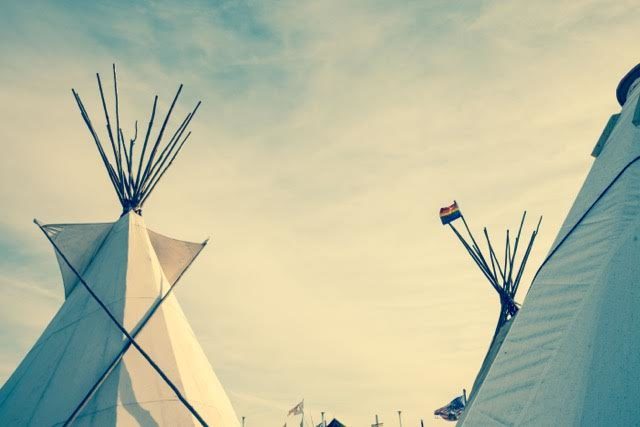
GO: So the people who have come to Oceti Sakowin — non-Native, or from different Nations — are also getting more education about Two-Spirit? Is that what you’re saying?
CBP: Yes, absolutely. For instance, I asked the medics to open their hours to honor Trans Day of Remembrance, and I wanted my trans and queer folks to go there and able to receive all the care that they needed and wanted. The indigenous health services are extremely inadequate, and they’re not trained in cultural competency for trans health there.
So I wanted the medics be able to learn and be exposed to trans health care, and then also help our trans Two-Spirit folks to receive the care that they wanted in a safe space, in a time that was allocated for them. And we did a Trans Day of Remembrance sweat lodge ceremony so that we could relinquish and have healing for those who have passed.
GO: That’s what’s so incredible about this gathering of so many nations on this land, is that people are coming together to be of service, and to bring what they have to this movement. So there’s this cross-pollination, for people who are here to be educated about Two-Spirit, and people like us, who are queer but not Native, to get educated about the struggles of indigenous people for sovereignty over their land.
CBP: My mom told me that she wanted me to walk in both worlds, both in our culture and spirituality, and have the academic competence behind me. Because that was the intention of our Chief Red Cloud when he signed the treaties in the 1800s and relinquished our lands and
we were put on prisoner of war camps, which are now our reservations. His intention was to make sure that our lands are being taken care of and our traditions abided by. So he made really sure in these treaties that he signed that the future generations would be able to walk in both worlds.
So that’s been my lifetime mission. I have two daughters, and they are both leading in the same way. My mom is a victim of the boarding school era, where she was taken and lived in the boarding school for her entire life. I know she was so impacted by that, my walk of life is impacted by that, my daughters’ walks are impacted by that. Every time I go out onto these actions, it’s harder and harder to find an elder to come and do that traditional prayer. And so I’ve become that elder.
Even yesterday, the elder council, the headman’s council, they were saying that the Two-Spirit Nation is going to be here all through the winter. And we’re going to be the ones bringing that balance back. And we’re going to be the ones still carrying on the prayers and the ceremonies and continuing on with the leadership that is here. Like yesterday out on the action, the person who was on the megaphone and who was leading that action said, “We have a Two-Spirit person here, and we want them to do the opening prayer.” That’s how it has been, and we’ve gained a lot of respect, and also leadership, and we’re acknowledged in every possible way.
So I continue to tell folks, “Don’t turn down your flame just because you’re here, shine as bright as you would anywhere else. This is your land, so you need to show your family who you are.”
All photos by Jen Rosenstein.







